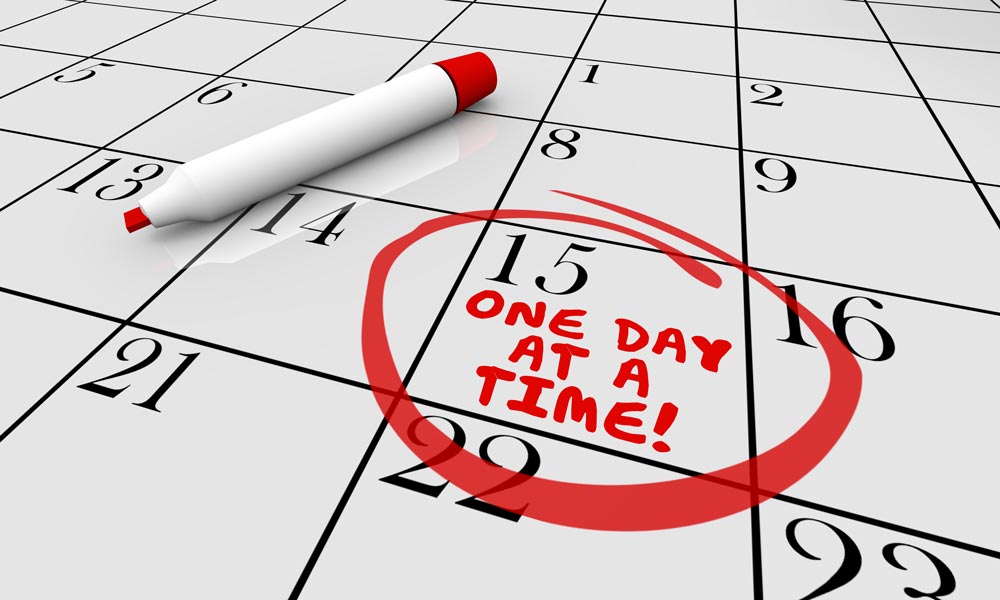Where are you on the addiction spectrum?

Today is election day in the United States. It’s an election that impacts the entire world. So, it’s no wonder that many of us are sitting glued to our TV screens, scrolling social media, or refreshing our favorite news site.
Election season no longer seems to be just election season anymore. It’s constant. The 24 hour news cycle and the proliferation of social media has made it an ever present aspect of our lives.
Which begs the question: just how big a part of your life is it? How far on the spectrum are you?
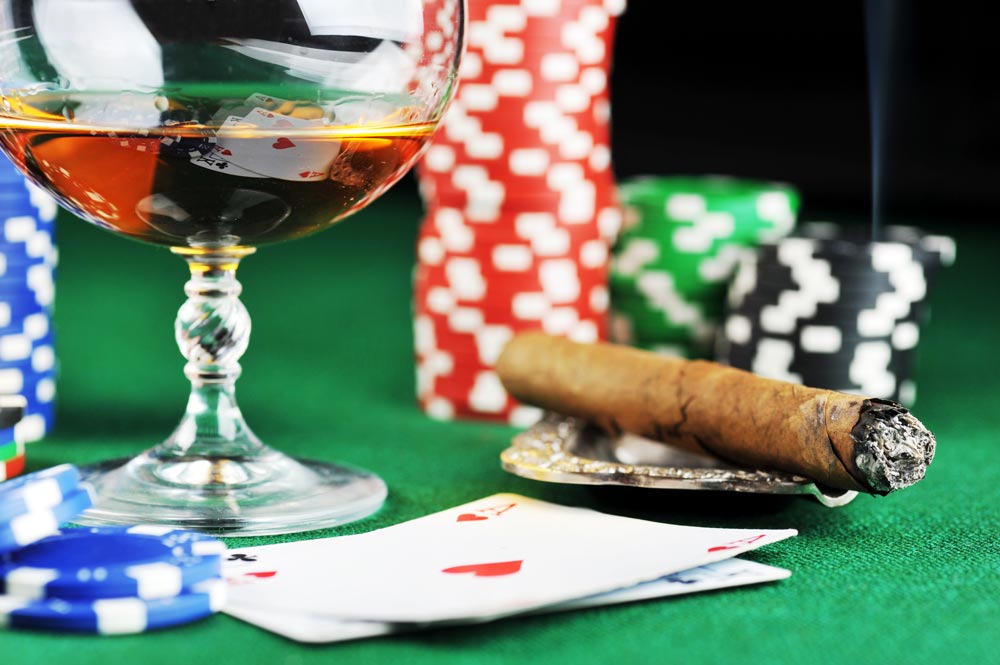
No, not the autism spectrum. I’m talking about the addiction spectrum.
Everyone’s addicted to something. We hear the word “addiction” repeatedly in the news, referring to horror stories about opioids and other prescription drugs. And let’s not forget about the stalwarts of addiction: alcohol, smoking, gambling, promiscuity (sounds a little like an ad for Las Vegas).
And in today’s society, “doom scrolling,” fear, and outrage are all actually enormous sources of addiction. And election day brings peak symptoms with it.
Instagram or TikTok all day?
But what about other, seemingly more benign addictions. Social media all day? Wine every night? Shopping online incessantly? Marijuana to put you to sleep? Hoarding up to your eyeballs? Overeating that same food again and again and hating yourself for it?

Growing up in a family of alcoholics, I definitely had the calling. By 18, I was addicted to alcohol, Valium, weight-loss pills (okay, speed, but it was legal back then), and over-exercising coupled with under-eating so I could stay model-thin. I was running ten miles a day. I was a lawyer with substantial caffeine and smoking habits. And a bottle of vodka in my desk drawer, for emergencies only, of course.

When I was diagnosed with cancer at 25, I had to stop killing myself in order to get better. Not only from the cancer, but also from the stranglehold the addictive substances had on me. The trouble with addiction is the anxiety or depression or extra pounds or whatever the problem you were trying to fix by turning to the substance or behavior, brings with it a whole new exponentially bigger (addiction) problem that is much harder to manage.
You can’t beat addiction without community.
The first thing I found on the road to recovery was community. AA was a life saver. The 12-step program held many of the keys I needed. “Recovery” is the balance, the scale on which you measure your addiction and vow to win.
If you’re trying to shake something, I promise you will be stronger within the AA network. Without someone saying every day “you can beat this disease, we’re in this together,” your chances of success are much lower. Community offers the truth-telling, sharing, and not holding it inside, all so vital to you on your path.

The Recovery Village website lists 32 different 12-step programs, chances are there’s one for you: they range from alcohol to cocaine, clutterers to meth, and on to co-dependents, sex addicts, debtors, food addiction, gamblers, heroin, marijuana, narcotics, nicotine, gamers, pills, under-earners, and, my personal fav, workaholics. You name it, we can get addicted to it.
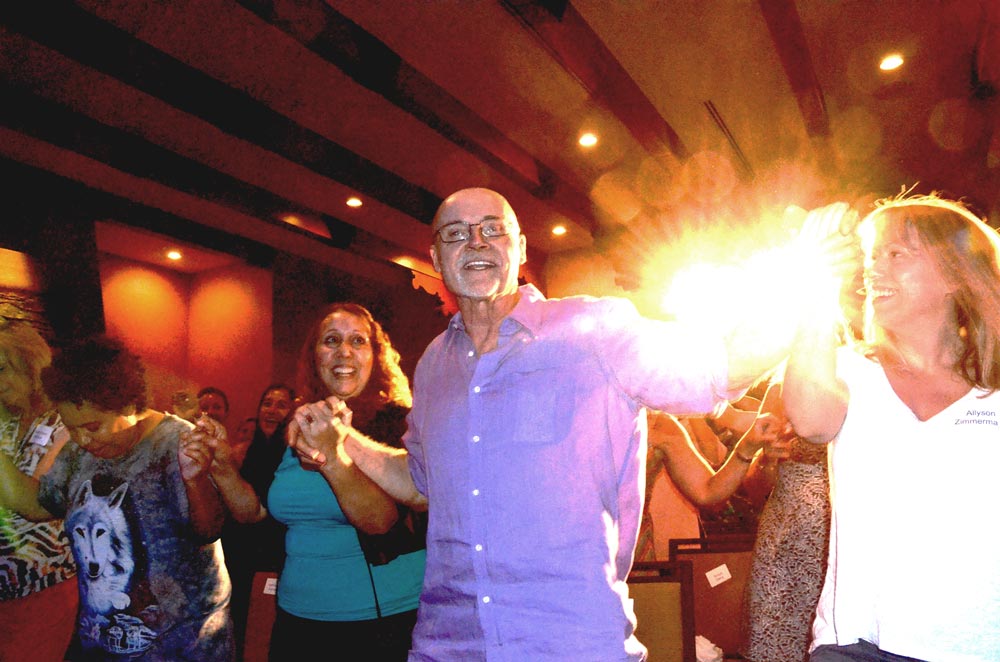
The community I’ve founded, the Deborah King Center, is based on energy medicine and is similar in many ways to a 12-step program, offering a community of like-minds as well as a host of tools for you on your journey.
I also offer a year-long Masters-in-Training program that is limited to 20 people that I meet with every other week and give intense direction and support as together we work on their personal goals, which often include addressing a behavior they’d love to permanently put behind them.
It matters who you hang with.
“Birds of a feather flock together.” So annoying that old truism is correct; that we can indeed become like our (worst) friends. Sadly, I had to take a lengthy sabbatical from my rollicking Irish family, all high-functioning drinkers who also popped pills at the least discomfort. I left criminal law and the courtroom with its insane stress, where lunch was liquid, and segued into real estate law, where the lawyers at least left the office for the night before hitting the sauce. I had to let my witty assistant go as she was knee deep in cocaine and I was afraid I might join her.
Sadly, my brother, my best friend, didn’t quit drinking with me, and, today, he so regrets it, as he deals with significant alcohol-induced dementia, can occur even with just social drinking.
How heartbreakingly sad for a man who single-handedly escalated to the top of his field; so successful he bought his own jet at 25. Now not even all his millions can free him from an addiction that is rapidly killing him.

And then there’s the recent study, talk about a wake-up call, that reveals that even moderate drinking can make you more likely to develop Alzheimers.
Overeating yet again?
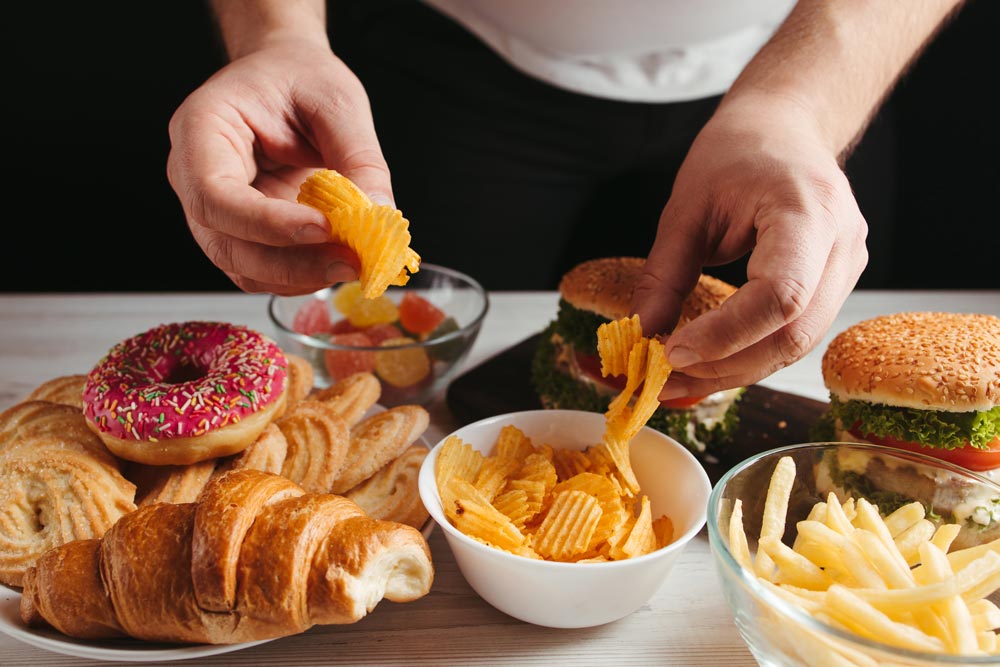
Food (too much or too little) is undoubtedly the hardest addiction to manage. It’s tricky, because you can’t stop eating altogether. You actually need to eat, but moderation—there’s that word again—is the key. I mastered food by studying nutrition and focusing on a healthy diet. There are ways to get a grip on the weight issue, don’t lose faith; use the tools I’m outlining here. And don’t forget to eat a little something every couple of hours; keeping your blood sugar even is crucial here.
Marijuana is not a panacea
The latest craze to legalize marijuana ignores the science that pot is a gateway drug, profoundly damages the young brain, and can trigger mental health issues.
More significant for you, dear reader, is that it fogs the heck out of the adult brain and limits spiritual advancement. When I look deeply at someone (with their permission, of course), the pot user will have a telltale gray fog in their personal energy field that prevents them from stepping up another level in consciousness. Before you light up next time (or hit the edibles), ask yourself if you want to remain stuck in the same old narrow mindset, or are actively working to transcend; if the latter, try meditating next time in lieu of pot, it works way better.

The tools of the recovery trade.
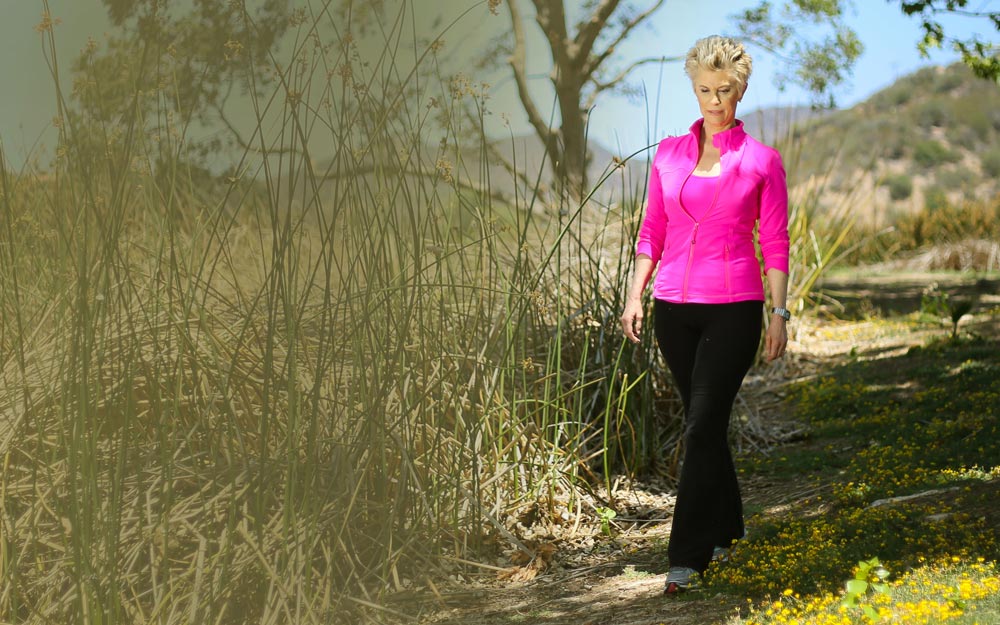
After a few years, I was able to manage the drinking, drugging, smoking, under-eating, and over-exercising. The tools I used? Community (AA), meditating, getting plenty of sleep, super nutrition, energy healing, and spending a lot of time out in nature – each step helped me kick my unwanted behaviors to the curb.
But it’s still “one day at a time” as I battle the ever-present tendency to become addicted to the next compelling thing. I only have two buttons: on and off. On the spectrum, that’s the far extreme of the addictive personality. Moderation is a foreign concept, in my mind lumped together with boring, bland, and banal. Once an addict . . . those tendencies never go away.
One day at a time, forever.
The hallmark of the addict’s world is getting through one day at a time. You can make it through one day. The thought of a week or a month or, my God, a year, is impossible to contemplate. But you can get through one day. And the amazing thing is when you string together just 30 days of “one day at a time,” you can change any behavior. I promise.
Now nearly 50 years later, I am still (proudly) clean and sober, but watchful every day for addiction to raise its ugly head; it’s never far away. And on my end of the addiction spectrum, that’s a win. It can be yours too.
